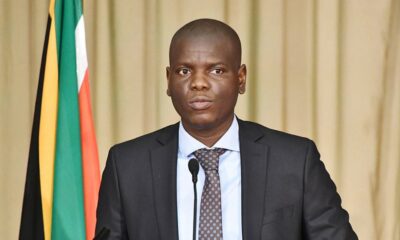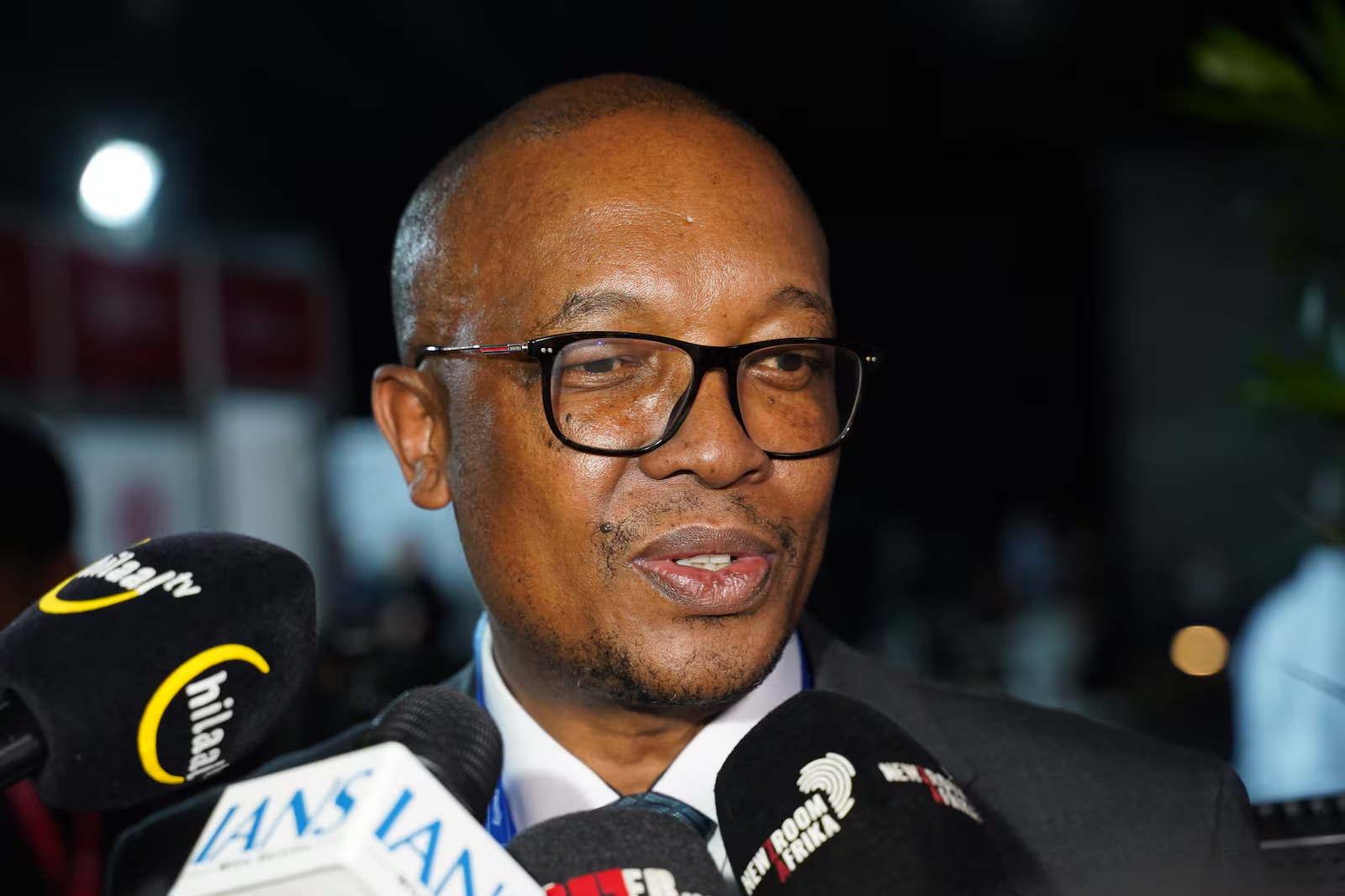News
BRICS+ Is Building Its Own AI Future, and Africa Is at the Heart of It

What happens when some of the world’s most populous and fastest-growing nations decide they no longer want to rely on Silicon Valley for digital innovation? In 2025, BRICS+ is answering that question with action. At the centre of its evolving strategy is artificial intelligence, not as a buzzword, but as a tool for development, sovereignty, and equity.
And South Africa, alongside Ethiopia and Egypt, is helping lead the charge.
AI, but make it local
At the 17th BRICS Summit held in Rio de Janeiro in July 2025, artificial intelligence featured prominently in the bloc’s joint declaration. Member nations committed to promoting inclusive, human-centric AI governance that reflects the development priorities of the Global South.
The aim is clear: to move away from one-size-fits-all tools and towards AI solutions that speak to local realities, whether that’s language learning systems, healthcare support, agricultural monitoring, or education access.
Building capacity through cooperation
While there’s no single “AI headquarters,” BRICS+ countries are strengthening ties through collaborative AI efforts, ranging from research partnerships to knowledge sharing.
The group has also supported ethical governance proposals that reflect shared values. South Africa and Egypt have led efforts to propose a Unified AI Ethics Charter, which would anchor AI development in fairness, transparency, cultural relevance, and public accountability.
This marks a conscious pivot away from Western regulatory models and toward a framework shaped by the voices and contexts of BRICS+ countries.
Infrastructure matters, and so does independence
One of the biggest challenges for Global South countries in building AI capacity is infrastructure. Limited access to secure data hosting and computing resources has historically forced many nations to rely on servers outside their borders.
To address this, BRICS+ countries are advocating for sovereign data systems and exploring ways to build shared regional infrastructure that aligns with privacy and development goals. These discussions are especially relevant for African members aiming to align digital policy with the African Continental Free Trade Area (AfCFTA).
The role of ethics in AI development
As artificial intelligence becomes more powerful, questions around data rights, cultural bias, and algorithmic decision-making have become harder to ignore.
That’s why the ethical dimension of BRICS+ AI cooperation matters. The push for a unified ethics charter, initiated in 2024 and supported at the 2025 summit, signals a commitment to responsible innovation, rooted in dignity, diversity, and development, not just efficiency.
Countries like Indonesia and Iran have also voiced support for standards that protect local values while encouraging digital progress.
A rising tech power bloc
With over 45% of the global population and more than 36% of global GDP, BRICS+ is no longer just a political or economic club. It is becoming a digital force.
Its coordinated moves in AI governance, ethics, and capacity-building show that the future of tech is not limited to the West. For the first time in decades, developing countries are helping to shape the systems and the values behind the tools we all may one day use.
Also read: Siviwe Gwarube Urges Bold Reforms to Fix SA’s Broken Education System
Follow Joburg ETC on Facebook, Twitter, TikTok and Instagram
For more News in Johannesburg, visit joburgetc.com
Source: IOL
Featured Image: Inventiva


























